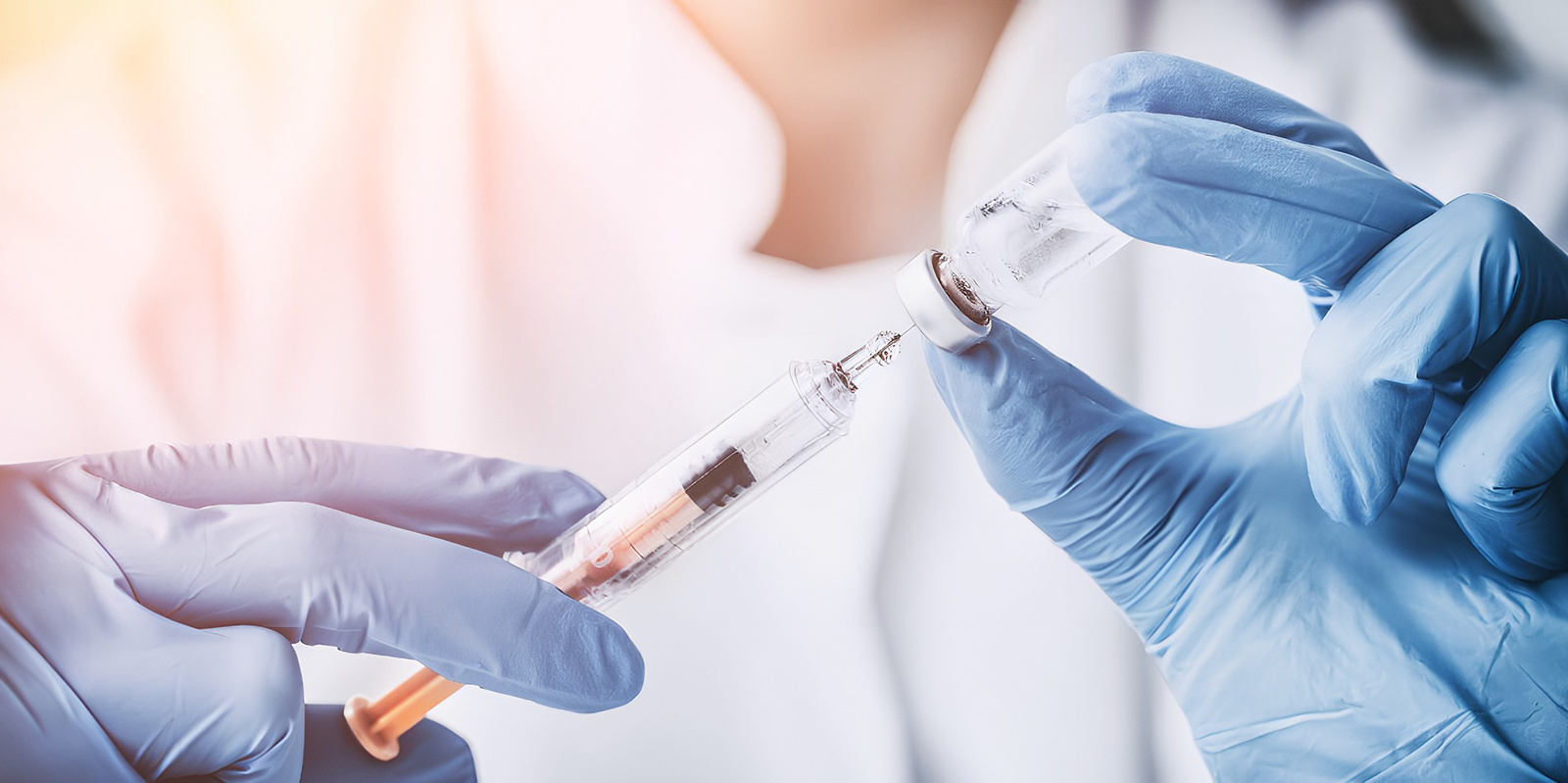What is Vitamin D?
Vitamin D is a fat-soluble vitamin that plays a crucial role in various physiological functions within the body, including bone health, immune function, and regulation of calcium and phosphorus absorption. Unlike other vitamins, vitamin D can be synthesized by the body when the skin is exposed to sunlight. It also exists in small amounts in certain foods and is available as a dietary supplement.
How Much Should You Get?
The recommended daily intake of vitamin D varies depending on factors such as age, sex, skin color, geographic location, and sun exposure. Generally, adults should aim for a daily intake of 600-800 international units (IU) of vitamin D, while older adults may require higher doses. However, individual needs may vary, and it’s important to consult with a healthcare professional to determine the appropriate dosage for specific circumstances.
Benefits of Vitamin D
Vitamin D plays a crucial role in several bodily functions and offers various health benefits:
- Improves hormone balance
- Reduces risks to heart health
- improves immunity
- Reduces cancer risks
- improves bone health
- reduces muscle pains
- Prevents/improves depression
- Improves insulin resistance
Food Sources of Vitamin D
While sunlight exposure is the primary source of vitamin D for most people, certain foods also contain varying amounts of this essential nutrient. Some food sources of vitamin D include:
- Fatty Fish: Salmon, mackerel, trout, sardines, and tuna are excellent sources of vitamin D.
- Cod Liver Oil: A rich source of vitamin D, cod liver oil is commonly available in supplement form.
- Egg Yolks: Eggs contain small amounts of vitamin D, particularly in the yolk.
- Fortified Foods: Many foods are fortified with vitamin D, including milk, orange juice, cereal, and yogurt.
Mushrooms: Some varieties of mushrooms, such as shiitake and portobello, contain vitamin D when exposed to sunlight or artificially treated.
Vitamin D Deficiency
Vitamin D deficiency occurs when the body does not receive an adequate amount of vitamin D through sunlight exposure, diet, or supplementation. Factors such as limited sun exposure, darker skin pigmentation, obesity, aging, certain medical conditions, and geographic location can increase the risk of deficiency.
Symptoms of Vitamin D Deficiency
Symptoms of vitamin D deficiency can vary in severity and may include:
- Bone Pain: Vitamin D deficiency can lead to weakened bones and increased risk of fractures, causing bone pain and muscle weakness.
- Fatigue and Weakness: Low vitamin D levels may contribute to feelings of fatigue and overall weakness.
- Mood Changes: Some studies suggest a link between vitamin D deficiency and mood disorders such as depression and anxiety.
- Frequent Illnesses: Vitamin D plays a role in supporting immune function, so deficiency may increase susceptibility to infections.
- Hair Loss: In severe cases, vitamin D deficiency may contribute to hair loss or alopecia.
Bone Deformities: Severe and prolonged vitamin D deficiency in children can lead to rickets, a condition characterized by skeletal deformities and growth retardation.
Treatment & Management
Treatment and management of vitamin D deficiency typically involve increasing vitamin D intake through supplementation and/or dietary changes. Healthcare providers may recommend vitamin D supplements or injections to raise blood levels of vitamin D to within the optimal range. Vitamin D injections provide faster results compared to supplements and this rapid response is particularly beneficial for individuals with severe deficiencies or those seeking to increase their vitamin D levels promptly. At Eberi Weight Loss & wellness we provide weekly injections of vitamin D.
Prevention of Vitamin D Deficiency
Preventing vitamin D deficiency involves maintaining adequate sunlight exposure, consuming a balanced diet rich in vitamin D-containing foods, and considering supplementation if necessary. Regular monitoring of vitamin D levels through blood tests can help identify deficiency early and guide appropriate intervention. Individuals with specific risk factors for deficiency, such as darker skin pigmentation or limited sun exposure, may benefit from proactive measures to ensure optimal vitamin D status.
Service Categories

Cost Of Treatment
SHIPPING DIRECTLY TO YOU
ONE MONTH OF TREATMENT SHIPPED DIRECTLY TO YOU. NO OFFICE VISIT REQUIRED
Best results are achieved when given weekly. All Treatments are shipped directly to you.
Initial Consult
$50.00
( fee applied to pricing if you chose to go with the program)
Vitamin D Injection
- Injection per week for (4) weeks
- 4 weeks of medication and supplies



